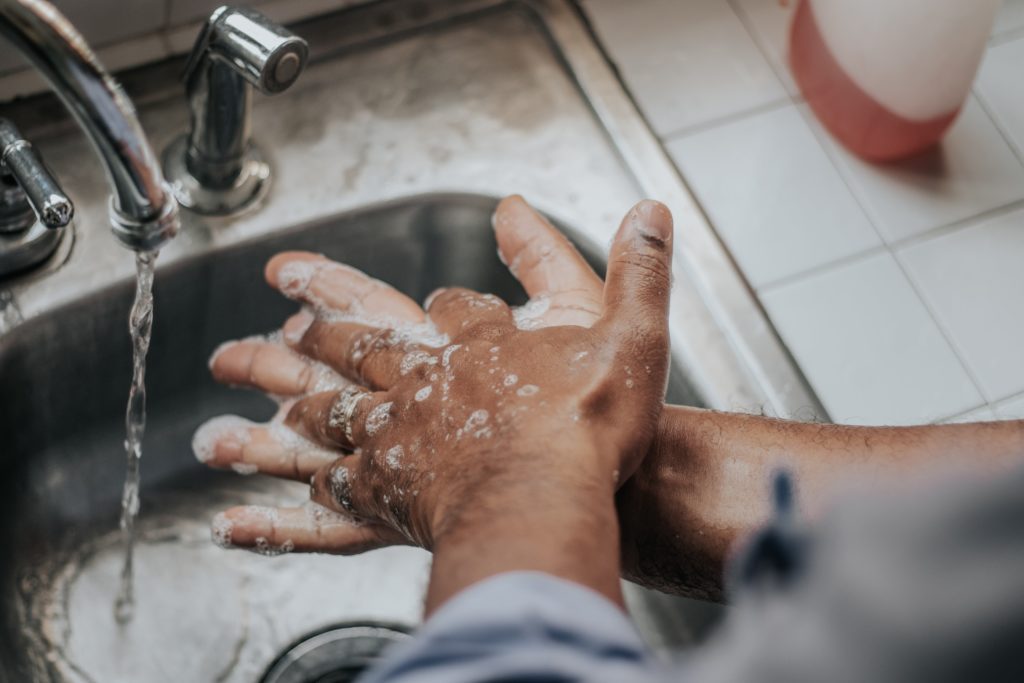COVID-19, Hygiene and FTD
March 31, 2020

Hand-washing and hygiene are more important than ever due to COVID-19. But many of the symptoms of FTD as it progresses can make attentiveness to hygiene a challenge. The following strategies can help people and families facing FTD to more effectively manage personal hygiene at a time when it has never been more crucial.
- Develop a hygiene routine. Simple, sustainable routines are key. Care partners can prompt persons diagnosed by making a card with two or three easy-to-follow steps. A simple guide to hand-washing could say: Run warm water, apply soap, wash for 20 seconds. Even amid the disruptions caused by COVID-19, sustainable routines like this can still be carried out every day.
- Pick the right person for the job. Does your sister seem to be able to get your dad to agree to almost anything? Then enlist her help for the highest-priority hygiene and grooming tasks. Call or video chat with her if necessary.
- Be creative and be flexible. Goalposts shift frequently in FTD. If one approach doesn’t work, don’t be afraid to try a different tack and/or set new goals. For example, if the recommended 20 seconds of hand-washing with soap and water proves too difficult, try using antibacterial hand wipes or a hand sanitizer containing at least 60% alcohol.
- Simplify communication to avoid frustrations. Use simple instructions. Be direct but not confrontational. If the person diagnosed is losing the ability to understand language, nonverbal and visual cues may work: Model good hygiene practices by washing your own hands in front of them in the prescribed manner.
- Try not to take resistance personally. Resistance to good hygiene is not a willful act of defiance or negligence by persons diagnosed with FTD. It is a result of the cognitive and behavioral changes caused by the disease. Activities that may seem like second nature – washing one’s hands, for instance – can pose great difficulty to someone with FTD, who may not be able to sequence actions without effort and concentration, and may even feel the sensation of soap and water differently because of changes in their brain. Patience is important.
Living with FTD is hard; living with FTD during COVID-19 is harder. If FTD is a part of your life, know that you are not alone. The AFTD HelpLine is always available to provide support (info@theaftd.org; 866-507-7222). You can also find people who understand through our private Facebook group.
Photo by Mélissa Jeanty on Unsplash
By Category
Our Newsletters
Stay Informed
Sign up now and stay on top of the latest with our newsletter, event alerts, and more…
